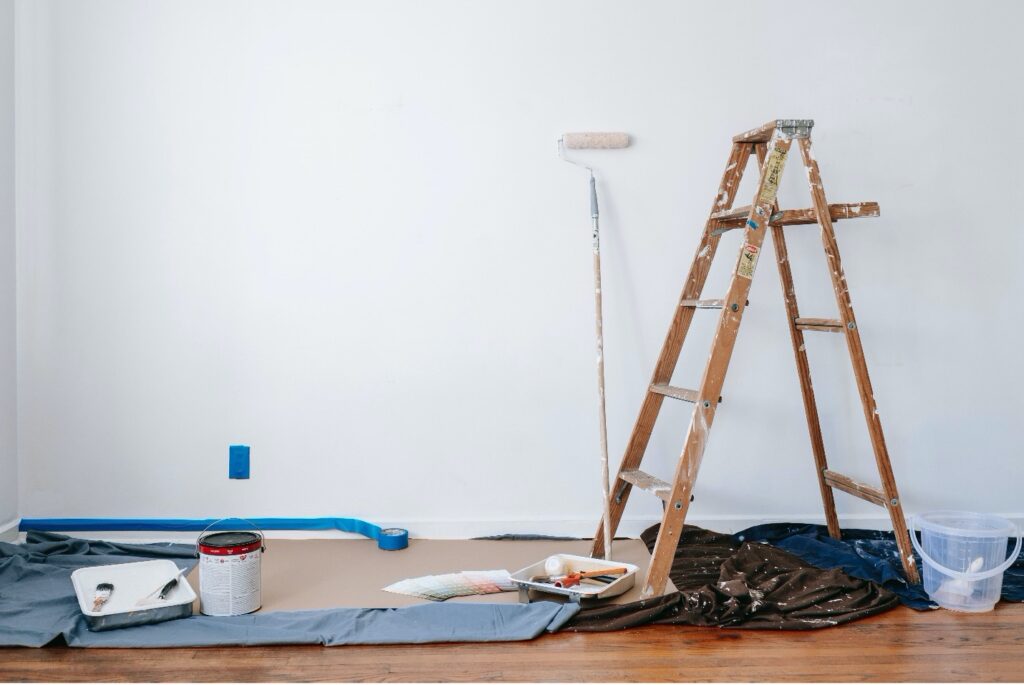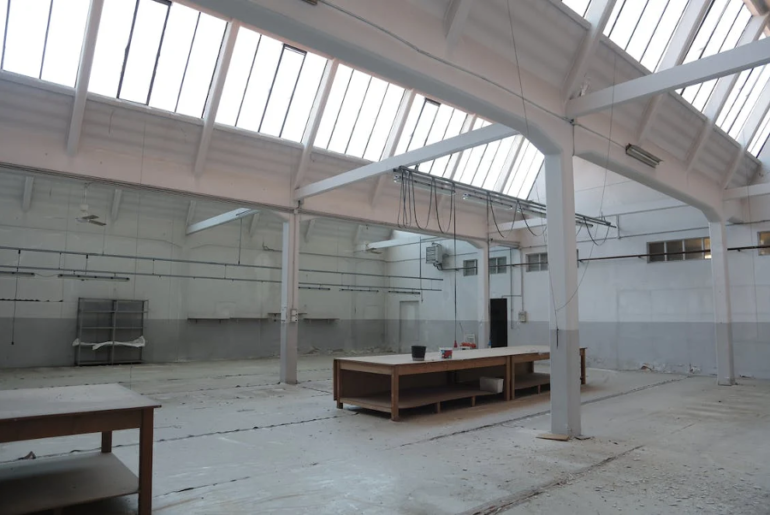
Are you getting ready to embark on a home improvement project and feeling overwhelmed? You’re not alone! A lot goes into a successful home improvement project – from planning and budgeting to dealing with contractors and unexpected setbacks.
But don’t worry; we’ve got you covered.
This blog will explore a few helpful tips to get you started. However, first, you must ensure that going for a home renovation is the right investment.
How to Do That?
While you might think home renovation will almost always be a suitable investment, that might not be the case. If your house structure is in bad condition, the renovation will not make a difference, and you will have to go for complete reconstruction. And, if you’re living in a city that is not a good place for home ownership – you’d be planning to move to a better place ultimately, and spending money on the house would not be a great idea at that point.
For instance, did you know that Lincoln, Nebraska, is ranked as one of the top cities in the country for home ownership? According to a recent study, Lincoln has a high homeownership rate, low unemployment rate, and strong job market, making it a great place to invest in a home. So if you’re planning a home improvement project in Lincoln, you can be confident that you’re making a wise investment in your future.
Now, let’s move on to the tips.
Tip #1: Use a storage unit
Use a storage unit to store your belongings while the work is being done, as it can help protect them from dust, debris, and damage. It can save you the cost of repairing or replacing damaged items. If you are in Lincoln, look for storage units Lincoln NE offers to pick the most suitable option.
A storage unit won’t just keep your belongings safe but also help declutter your space while renovating. You won’t have to worry about the many workers in your house having access to your things, and you can concentrate on the actual job.
Tip #2: Do Your Research
Before you start your project, it’s essential to do your research. It will help you make informed decisions about materials, contractors, and costs, ultimately saving you time and money in the long run.
First, ask for recommendations. Reach out to friends, family, and neighbors who have made home improvements. What did they like about their experience? What would they have done differently?
Next, read reviews. Look for contractors and materials with a proven track record of quality and customer satisfaction.
Finally, get multiple quotes. Shop around and get quotes from numerous sources to ensure you get the best deal. Don’t just go with the first contractor or supplier you come across.
Tip #3: Get Permits and Inspections
It’s crucial to obtain permits and inspections before starting your home improvement project. Not only is this a legal requirement, but it can also protect you from liability if something goes wrong.
First, check with your local building department to find out what permits are required for your project. You may need a building permit, an electrical permit, a plumbing permit, or a combination of the three.
Next, budget for permit fees. These can vary widely depending on your project’s scope and location, so it’s important to know what you’re in for.
Finally, schedule any necessary inspections. These may be required at various project stages to ensure the work is up to code.
Tip #4: Communicate with Your Contractors
Effective communication is key to a smooth home improvement process. You want to ensure that your contractors understand your vision and expectations and that you are aware of their needs and concerns.
To communicate effectively with your contractors, establish clear expectations from the start. Make sure you have a written contract outlining the work scope, materials to be used, timeline, and payment terms.
Stay in touch with your contractors throughout the project. Regular check-ins will help ensure that everyone is on the same page and that any potential issues can be addressed quickly.
Be open to your contractors’ suggestions. They may have valuable insights and experience that can help improve the project. However, it’s also essential to trust your instincts and speak up if something doesn’t feel right.
By maintaining open and honest communication with your contractors, you’ll be able to work together to achieve a successful outcome.
Tip #5: Be Flexible
Home improvement projects never go exactly as planned. There will always be unexpected setbacks and challenges to overcome. That’s why it’s essential to be flexible during the process.
Expect the unexpected and be open to change. It’s okay to adjust your plan if something isn’t working out. The important thing is to stay focused and stay positive.
Tip #6: Take Breaks
It’s essential to take breaks during a home improvement project for your physical and mental well-being. Working long hours without breaks can lead to fatigue and mistakes, so it’s important to schedule regular breaks to relax and recharge.
Take time to stretch, get some fresh air, and maybe even treat yourself to a well-deserved snack or coffee break. These small breaks can make a big difference in your productivity.
Tip #7: Enjoy the Process
It’s easy to get caught up in the stress and frustration of a home improvement project, but it’s essential to try and find enjoyment in the process. After all, you’re creating something new and beautiful for yourself and your family.
Take pride in your work and appreciate the finished product. It’s okay to have moments of frustration but try to stay positive and remember why you embarked on this journey in the first place.
Conclusion
We hope these tips have helped you feel more confident and prepared for your home improvement project. Remember to plan, research, get permits and inspections, prepare your home and yourself, communicate with your contractors, keep a clean workspace, stay on budget, be flexible, take breaks, and enjoy the process. With these tips, you’ll be on your way to a smooth and successful home improvement journey.
Paid Guest Post










